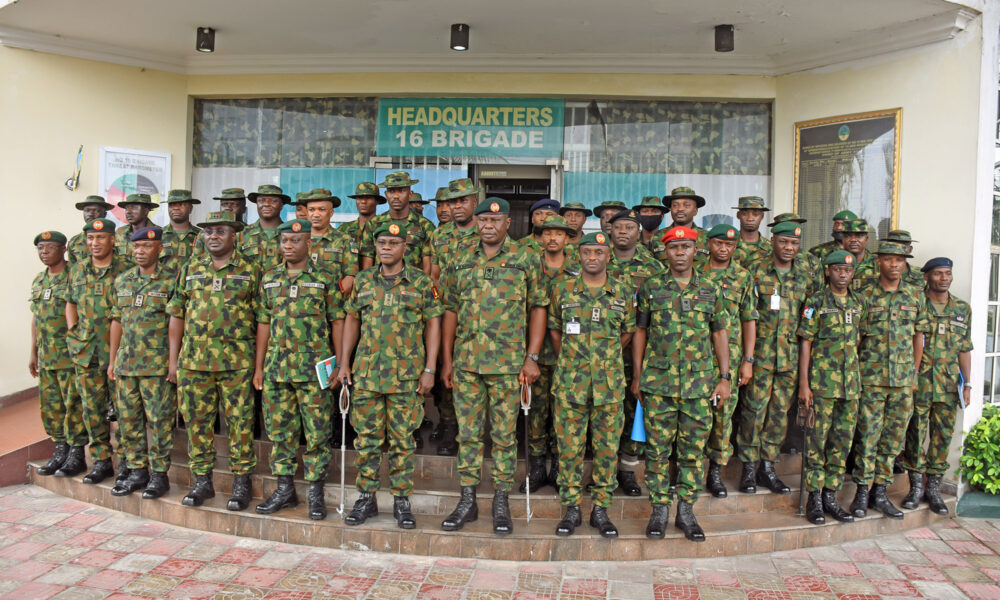
War veterans, military retirees, and the families of fallen heroes have voiced their concerns over neglect and broken promises from both federal and state governments. This heartfelt appeal, coinciding with the Armed Forces Remembrance Day, highlights the dire need for improved welfare and attention to their plight. These brave individuals, who have dedicated their lives to the nation’s service, now seek the support they were promised.
The Call for Improved Welfare
Veterans are calling for immediate action to enhance their welfare. They urge governments to address long-standing issues such as inadequate pensions, healthcare, and housing. Despite assurances, many veterans feel abandoned, struggling to access the benefits essential for their well-being. Their demands are simple: honor the commitments made to those who served the nation with valor.
Challenges Faced by Veterans
Life after military service presents numerous challenges for veterans. Many face financial hardships due to delayed or insufficient pensions. Access to quality healthcare remains a significant concern, especially for those dealing with service-related injuries. Furthermore, the families of fallen heroes often lack adequate support, compounding their grief with financial insecurity.
Government Promises and Inaction
Despite repeated promises, tangible improvements in veterans’ welfare are lacking. The government has pledged to address these issues, yet progress remains slow. Veterans are calling for accountability and urging authorities to prioritize their needs. They seek a system that ensures timely and adequate delivery of benefits, reflecting the nation’s gratitude for their sacrifices.
The Role of Advocacy Groups
Veterans’ advocacy groups play a crucial role in amplifying their voices. These organizations work tirelessly to raise awareness about veterans’ issues, lobby for policy changes, and provide support. By uniting veterans and their families, these groups aim to drive meaningful change and hold governments accountable for their commitments.
Community Support and Involvement
Beyond government action, community support is vital for veterans. Local communities can offer assistance through initiatives like job placement programs, counseling services, and volunteer support. By fostering a culture of respect and gratitude, communities can help ease the transition to civilian life for veterans and their families.
Conclusion: A Call to Honor Commitments
The voices of war veterans and military retirees demand attention and action. As they advocate for improved welfare, their call echoes the need for governments to honor commitments and provide the support promised. By addressing these issues, we can ensure that those who served our nation receive the dignity and care they deserve.

